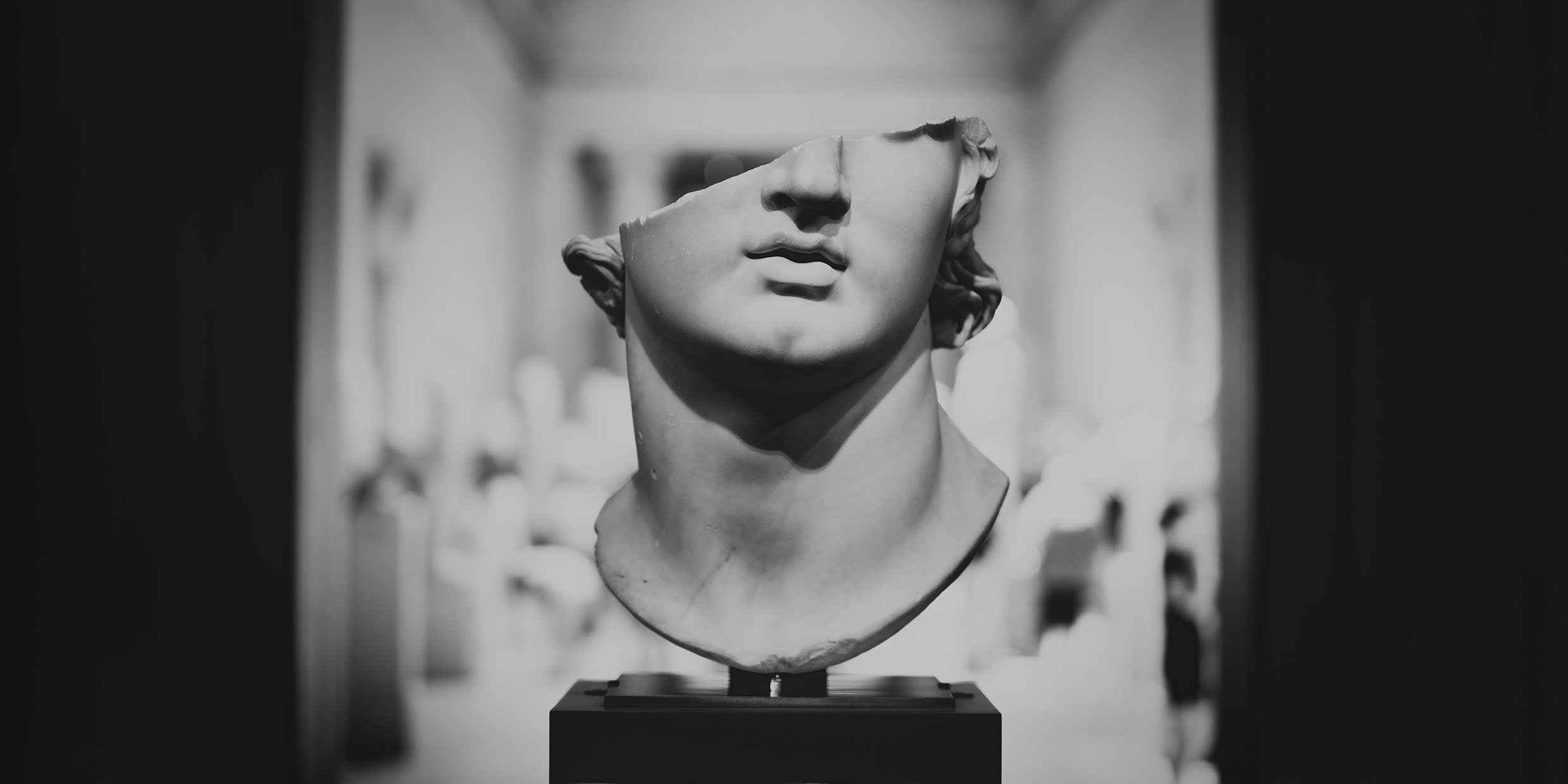Originally published 4 July 2000
“Today we are learning the language in which God created life,” gushed President Bill Clinton. “The first great technological triumph of the 21st century,” purred British Prime Minister Tony Blair.
Neither world leader was quite correct as they hitched their political wagons to the announcement of a first draft of the human genome.
We have understood the language of the DNA for nearly half a century, thanks to the work of James Watson, Francis Crick, Rosalind Franklin, and a host of other scientists, many long gone. And the technologies used to read the 3 billion letters of the human genome, including the PCR method of amplifying DNA and powerful, high-speed computers, belong very much to the century just past.
What we had last week was a publicity blitz as much as anything else, carefully orchestrated by scientists. Powerful new drugs, cures for cancer, the eradication of inherited diseases: To read the media reports of the human genome story you’d think we had just witnessed the Second Coming.
There is a story here, a big, big story. But the story is spread out over a century or more of scientific investigation, and it will extend far into the future in ways we cannot yet imagine. The ability to read and modify genes will undoubtedly confer many benefits on humankind. It also bears the potential for great mischief.
Consider the possibility of extended lifetimes — humans living for hundreds of years in the prime of life. If the aging process is controlled by genes, then there is no reason in principle why the genes can’t be jiggered to delay senescence. Benefit or mischief?
These new gene technologies raise ethical issues of staggering proportions and muddled complexity. What is urgently required is a vigorous public discussion of what it means to be human, informed by cutting-edge science and incorporating the wisdom of the past.
The old notion that the human “soul” is an angel-like sprite that flits around in the body like a ghost in a machine is as dead as a dodo. But the nonsense we heard last week — that the sequencing of the human genome “will lead us to a total understanding of not only human life, but all of life” — is just as mistaken, and perhaps dangerous.
We may be less than angels, but we are certainly more than genes.The human genome is like the score of a great symphony. The music is implicit in the score, but the score is not music. Music requires the talents of musicians, conductor, instrument makers, concert hall designers, even listeners. Music implies history, traditions, understanding, esthetics.
By analogy, the human self is not the dots on the staff. The human self is the expressed sound in all of its glory.
Genes are nothing until they are expressed in every one of the tens of trillions of cells of the human body. How and when they are expressed depends upon the totality of the organism and its environment. The chemical machinery of the cells is important, as is the unceasing exchange of electrochemical signals between cells.
The connections between brain cells are crucial to defining who we are, and none of that is programmed in the DNA. The detailed wiring of the brain depends upon experience — the interaction of the organism with the environment, including other organisms.
A human self is a window open to the world, susceptible to electromagnetic waves, mechanical vibrations, chemical stimuli, molecular forces, all of which have the power to change the internal states of the organism.
In each of the tens of trillions of cells in my body there are two complete copies of my DNA on 46 chromosomes — an arm-span of double helix, 3 billion chemical subunits (the “letters” of the language of life, A, C, G, and T), 80,000 genes that code for the proteins that perform life’s functions. All of this is potentially knowable but, when you know it, you won’t know me.
You might know the color of my eyes, my sex, and whether I have a propensity for certain kinds of disease. You will certainly know whether I am a human or a mouse, and you might even guess my race. But you won’t know whether I prefer Mozart to Beethoven. You won’t know if I’m in love. You won’t know if I want to live for 80 years or 800.
Dr. John Sulston, a leader of the British effort at sequencing the human genome, last week said: “We are going to hold in our hands the set of instructions to make a human being.” A human being, perhaps, but not a human self.
What makes a human self — and what makes a human self precious — is not the 0.2 percent of the DNA sequence that differs between individuals, but the totality of dynamic interactions between tens of trillions of cells and their environment, something you’ll never be able to read in the DNA.



